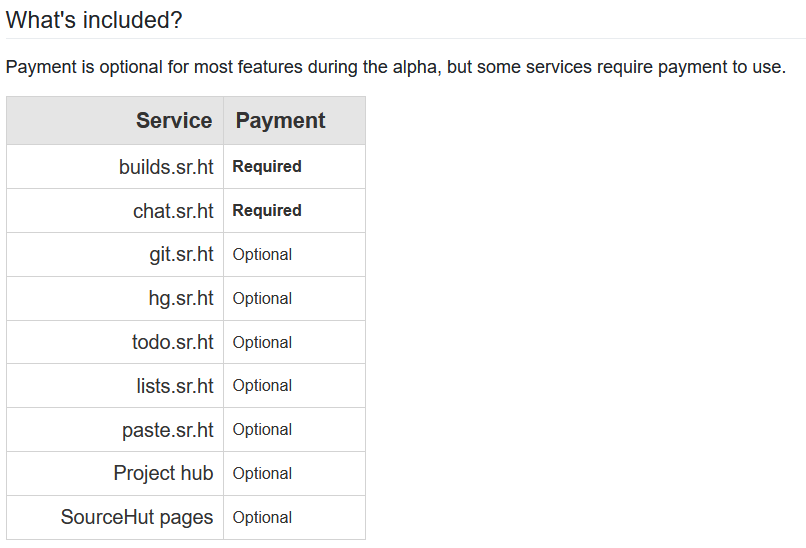I'm wondering if anyone here has gone through this process, and what the experience was like. (I'm not asking for help with any particular error or anything like that. At least not yet).
I got put in charge of maintaining an old codebase that includes Xamarin projects for android and ios and we seem to have run into a situation where we need to update the framework not just for security, but to keep the mobile app fully functional as Apple and Google update their APIs.
I did see that there was a button in Visual Studio to automatically upgrade the project, but apparently "upgrade" means "break fuckin' everything" so I'm guessing I'll need to take a more manual approcach and also blow a bunch of hours on finding replacements for all the dependencies that required Xamarin and are no longer maintained.
My biggest problem is that I haven't even heard of Xamarin before this thing got dropped in my lap so I have some confusion about how it's supposed to work on top of my normal baseline amount of confusion.

Video titles have recently been disappearing for me on the home page. I guess no-text-titles would also solve it. /s